Blog

Change of IPS Secretary General
As of 26 February, current Secretary General Gilbert Ludwig will head for new challenges. We warmly thank him for all efforts for the Society and wish him success in his new tasks! IPS' Presidents met on 16 February, and the Executive Board will meet on the 23rd to decide on future recruitment for the position. The work of the organisation continues normally and we will keep you updated on developments. If you have any questions, do not hesitate to contact the Secretariat via susann.warnecke (at) peatlands.org, the IPS President at...
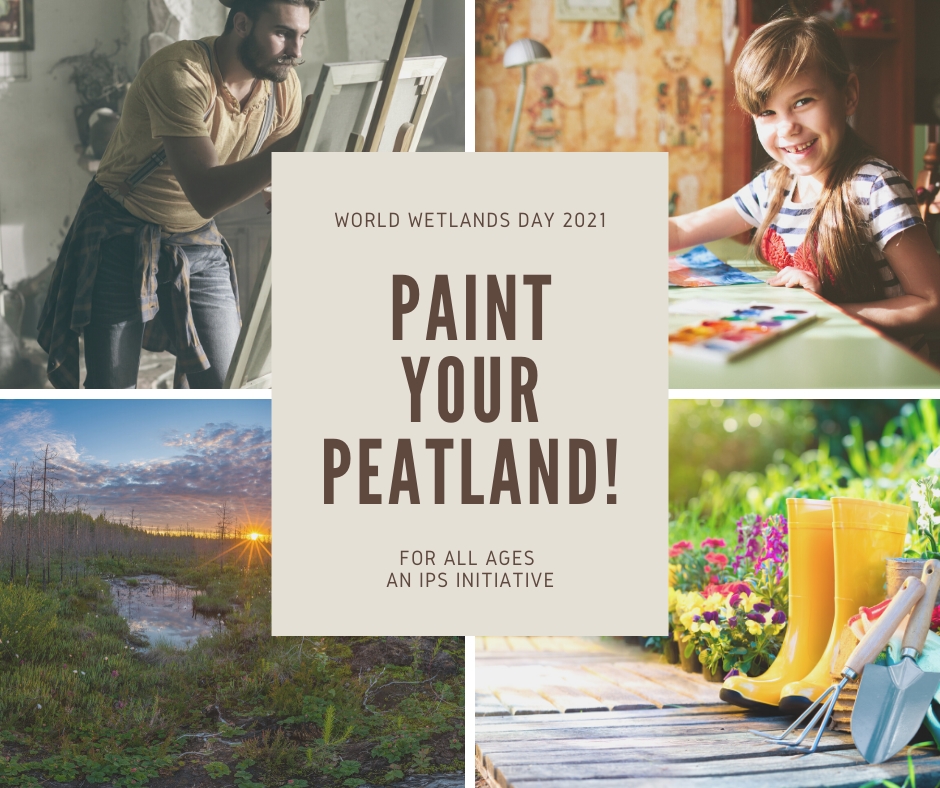
Paint Your Peatland!
IPS Launches Art Competition for World Wetlands Day Raised bogs, fens, tropical peat swamp forest, cutover areas, birds, mosses, great apes, people, tools, nature, fresh air, water, and machinery. We all know peatlands, but have you seen them through the lens of art? As physical meetings are not possible right now, we are organising an art competition for World Wetlands Day, which is celebrated on 2 February 2021! You can draw, paint, glue or pencil your favourite mire landscape, animal, plant, tractor, garden, bog monster or anything else related to...
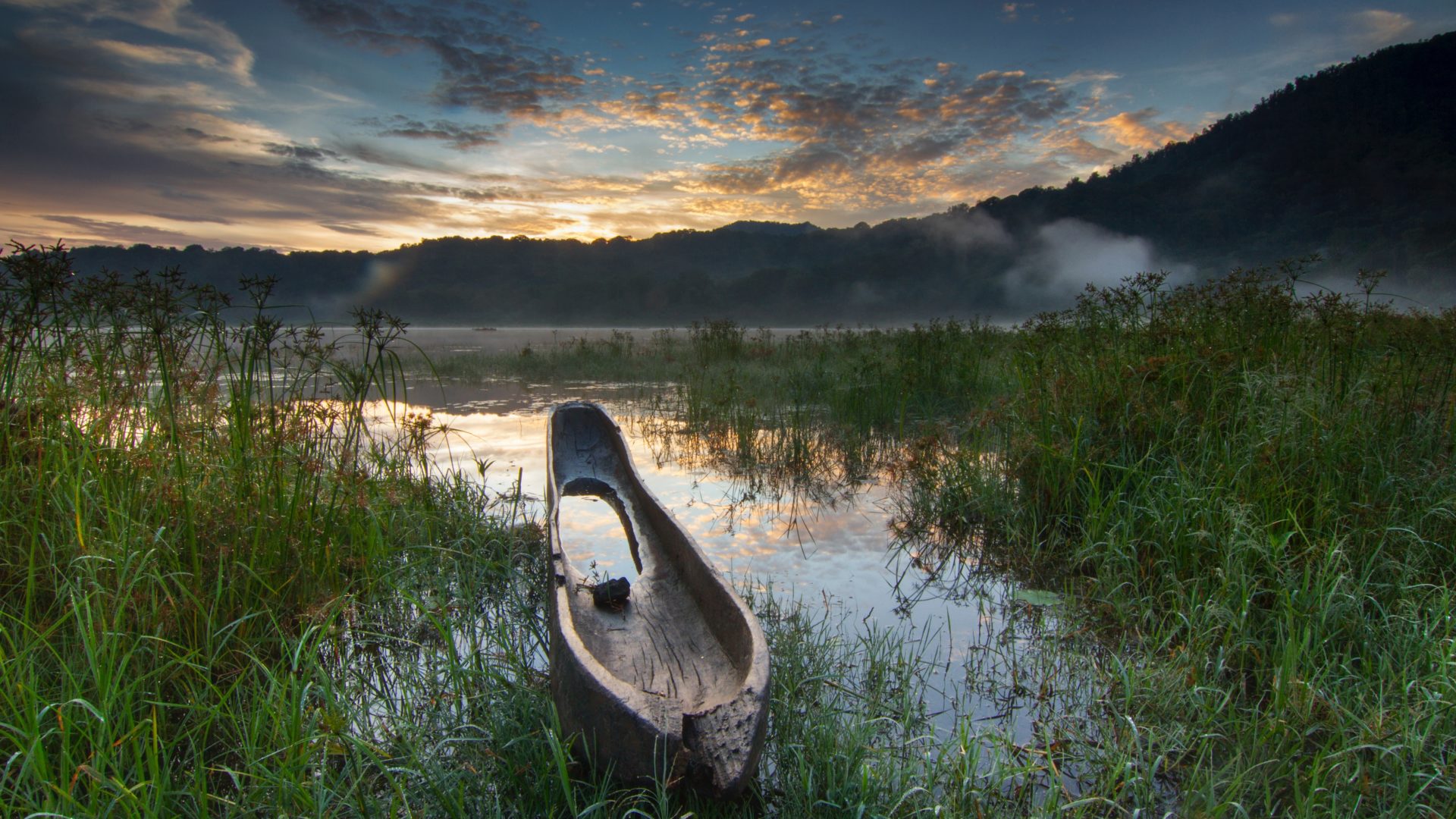
The highs of boggy flows in 2020
As we say goodbye to 2020, to what has been an incredibly and unpredictably challenging year in many ways for many people, it is important to sift through the muddy (swamp) waters for positive news. For peatlands, the last 12 months have provided many sources of hope. Various happenings have brought the societal relevance of peatlands further into the public eye, and shone light on some of the great work of peatland scientists and practitioners across the world. Here are a few highlights (hopefully you also know of many more!)....
Indonesia planning new Mega Rice Project
When President Habibie of Indonesia in 1999 closed down, as a complete failure, the Mega Rice Project (MRP) in Central Kalimantan, that was established by his predecessor Suharto three years earlier, I thought that strong lessons had been learned, and this would be the end of attempts to develop the vast areas of peatland in that country. How wrong I was and, in the twenty years since then, we have seen major conversions on thick peat in Kalimantan and Sumatra to plantations of oil palm and paper pulp trees, occupying...
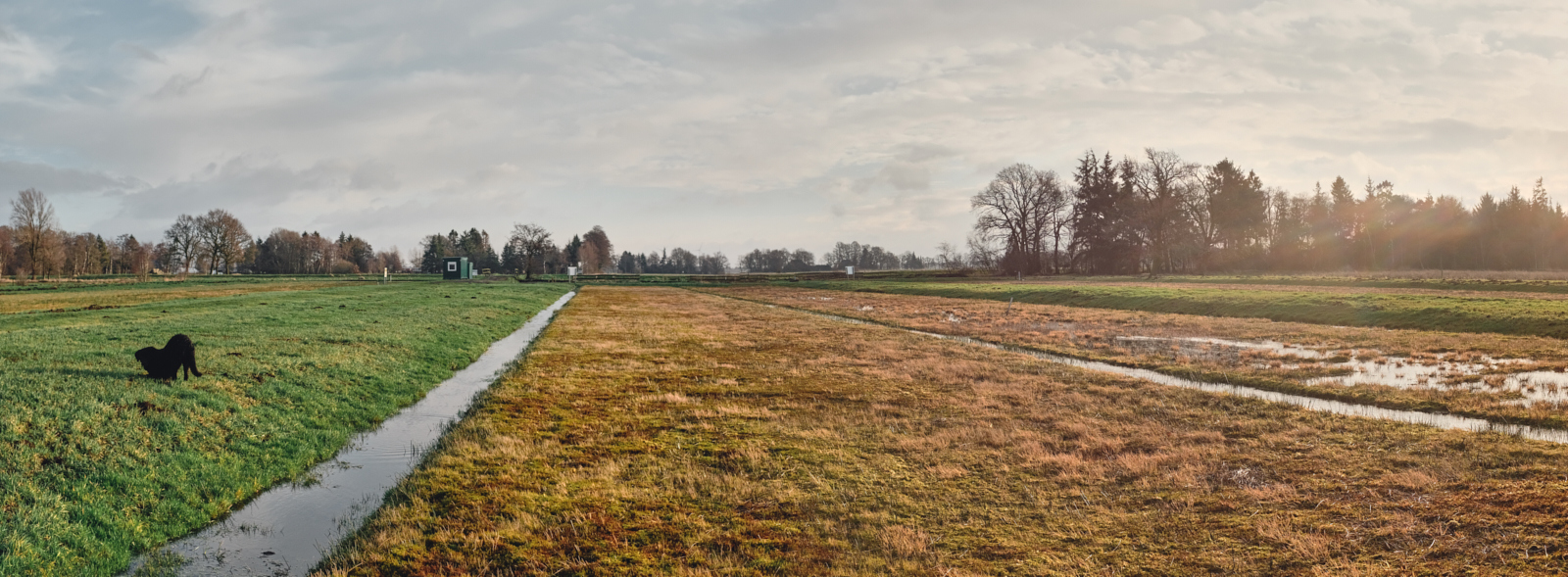
Peatlands and Agriculture EG has started its work
The re-established IPS Expert Group (EG) on Peatlands and Agriculture has started its work. Two priority actions identified by coordinator Jos Schouwenaars are: 1) Obtaining a view on the most relevant and urgent topics in agricultural peatland use, and 2) getting in touch with more IPS members, who potentially could contribute significantly to the activities of the EG. What did we conclude from a first global orientation? It was very interesting to notice that a lot of work is being done at the moment on cost-benefit analyses for peatland use,...
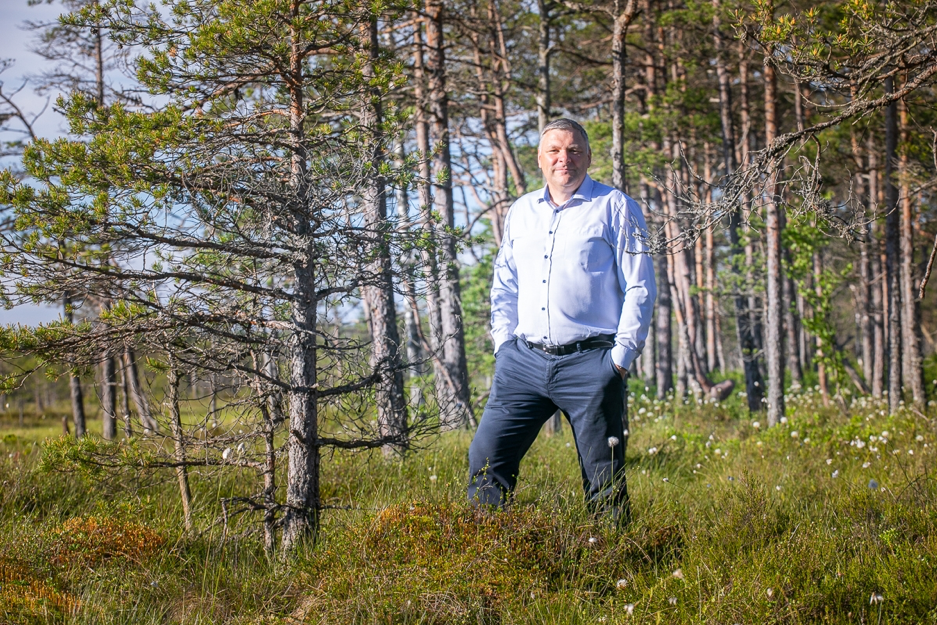
Marko Pomerants new President of IPS
The Annual Assembly of National Representatives has elected Marko Pomerants from Estonia new IPS President for the period 2020-2024. Mr. Pomerants will start his position on 18 June 2020. The Assembly, which was held by email during 10 - 18 June, also elected the First and Second Vice Presidents as well as five new Executive Board members. More information can be found below. Photo by Ain Liiva / Virumaa Teataja Introduction of the President Mr. Pomerants was born on 24 September 1964 in Estonia, Laane-Virumaa, Tamsalu. He is married...
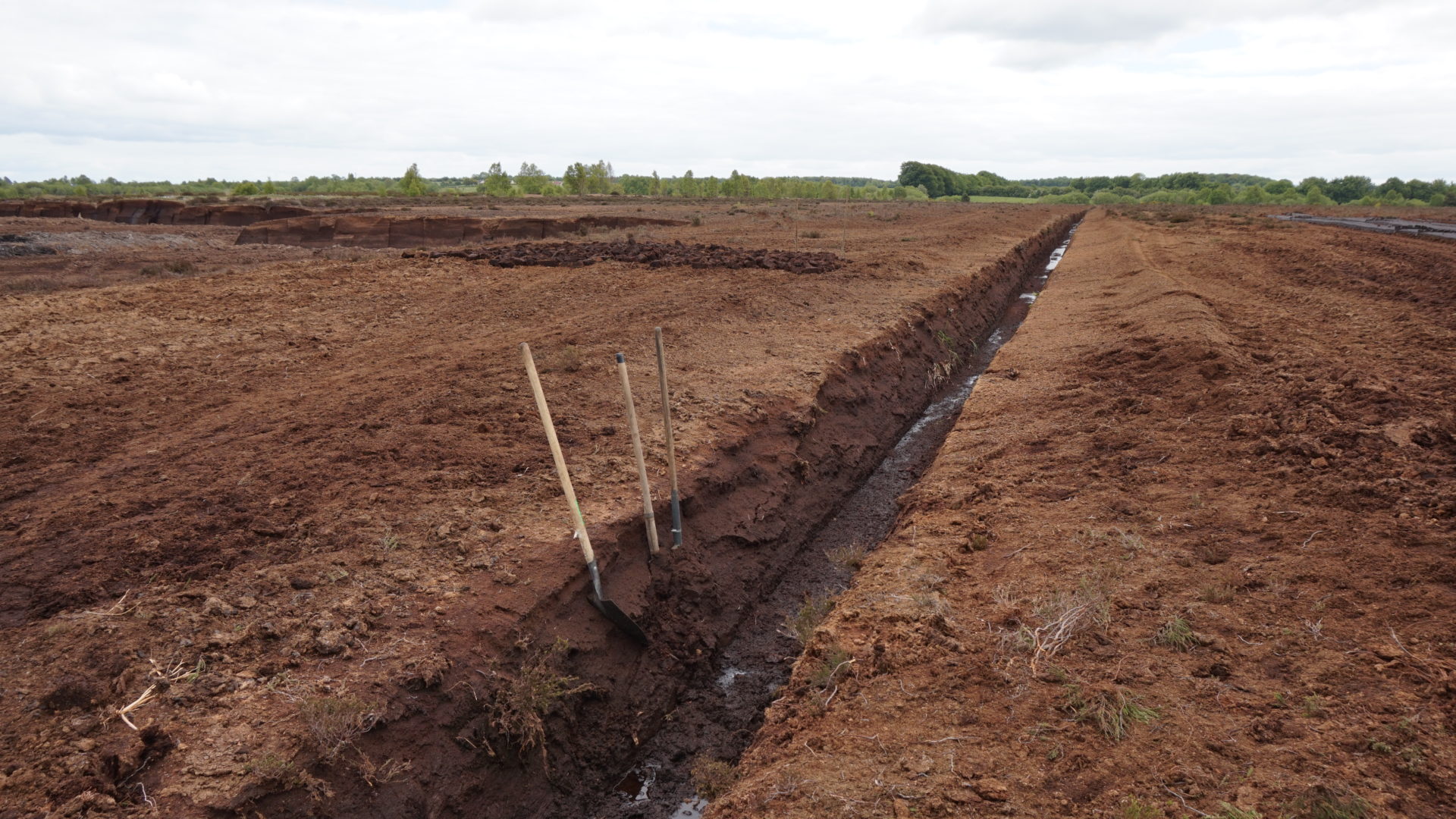
Abandoned Peatlands
Walking in the Dublin Mountains as a student, I got talking to a postman. He waved his hand at a long, un-inhabited valley and told me it had once had two thousand inhabitants. It was covered in blanket bog. Everywhere you go in Ireland there are abandoned peatlands, formerly used for turf cutting or subsistence farming. A recent estimate put the extent of such peatlands at some 470,000 hectares emitting some 810,000 t C/year. If you recall the estimate that in the 18th and 19th centuries some 5 million tons...
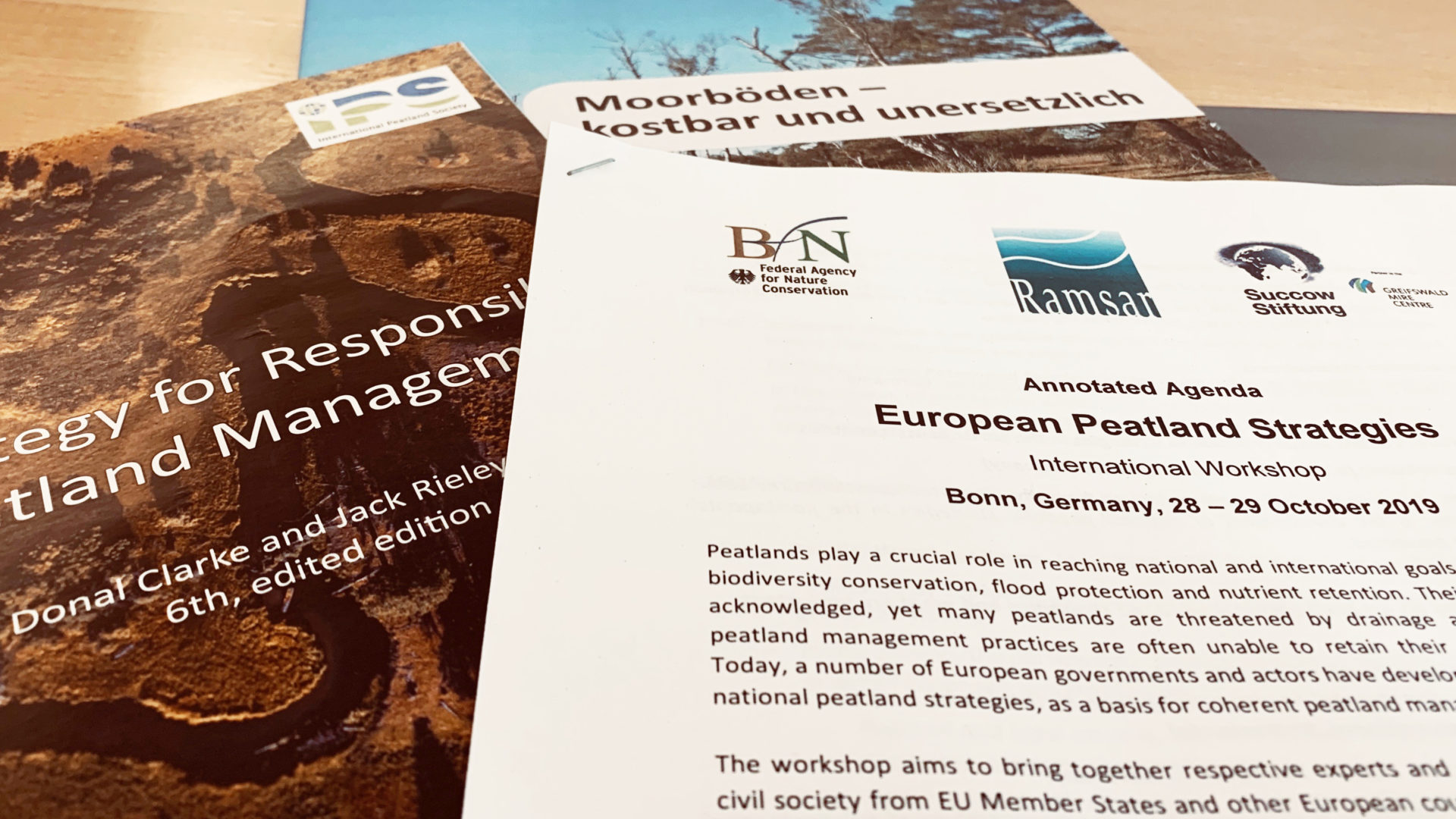
European Peatland Strategies
International Workshop, Bonn, Germany, 28 - 29 October 2019 The German Federal Agency for Nature Conservation (BfN), Ramsar, Succow Stiftung and the Greifswald Mire Centre organised an European Peatland Strategy Workshop which brought together some 30 peatland experts and stakeholders from public sector and civil society from EU and other European countries. The aim was to review and exchange knowledge and experiences on existing and planned national peatland strategies, to identify core elements of national peatland strategies fostering best practices of peatland management including conservation, restoration and sustainable use. A second...
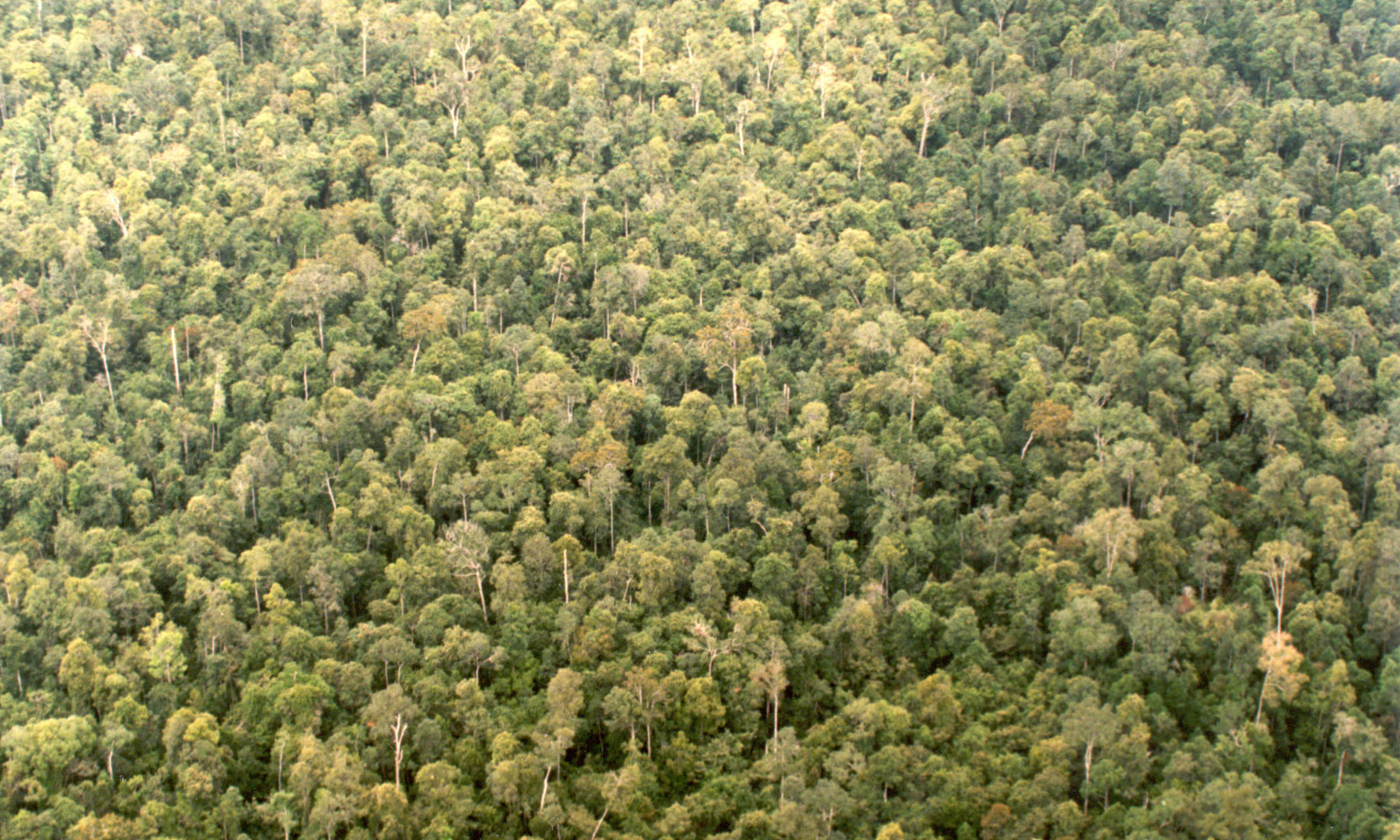
Consequences of Peatland Management in SE Asia
As I grow older, I see some things repeating themselves. It is as if human society never learns from history the consequences of certain actions. This is certainly true for peatlands and peat. When I spent some university study leave time in Southeast Asia more than 30 years ago I had my first encounter with tropical peatland in Peninsular Malaysia that was starting to gear up its development of plantation agriculture on peatland for a range of crops, especially pineapple but also oil palm and sago. I was so...

Sphagnum farming in Guizhou
I had the unique opportunity to visit Sphagnum moss farming sites in Guizhou, China, and to learn about Sphagnum farming on mineral soils in China. Sphagnum sp. moss, of which there are globally about 300 species, are normally associated with peatlands, as Sphagnum sp. are the principal peat forming organisms. In Europe & Canada, Sphagnum moss farming, the production of Sphagnum biomass on rewetted bogs, is still in an experimental stage. This process, called paludiculture, supports achievement of global climate goals by decreasing greenhouse gas emissions from drained peat and may...
